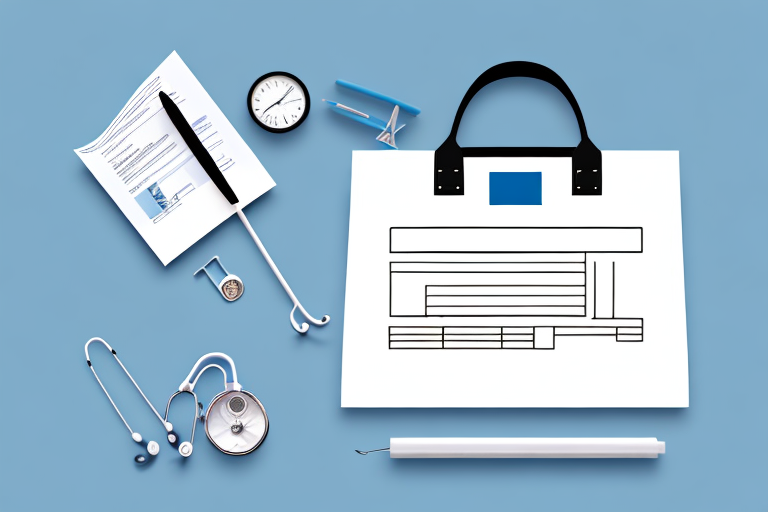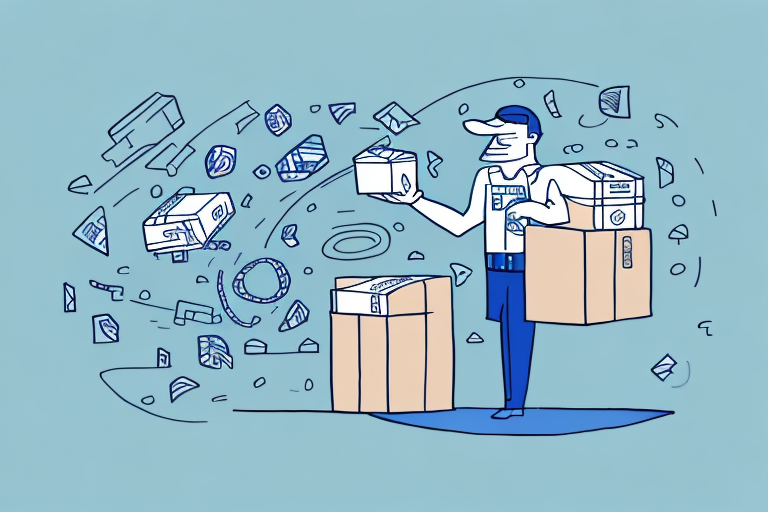Becoming a Medical Courier Independent Contractor: Essential Insights for 1099 Professionals
If you’re considering becoming a medical courier independent contractor, it’s crucial to understand all the aspects of the job. Not only do you need to meet specific requirements to start your own business, but you also need to be aware of the tax implications and legal regulations involved.
Understanding the Role of a Medical Courier Independent Contractor
As a medical courier independent contractor, your primary responsibility is to transport medical supplies, equipment, and specimens between healthcare facilities, laboratories, and patients. Your role ensures that essential medical items are delivered timely and efficiently while maintaining their safety and security.
Key Responsibilities
- Picking up and delivering medical supplies and specimens.
- Ensuring timely and secure transportation of sensitive materials.
- Maintaining accurate records of all deliveries.
- Communicating effectively with healthcare providers and clients.
Professionalism and Compliance
Maintaining a high level of professionalism is paramount. This includes dressing appropriately, being punctual, and adhering to all legal and regulatory standards, such as HIPAA for patient confidentiality.
Advantages and Disadvantages of Being a Medical Courier Independent Contractor
Advantages
- Flexibility: Set your own schedule and choose your clients.
- Earning Potential: Opportunity to negotiate rates and take on more work for higher earnings.
- Independence: Operate your own business without the constraints of traditional employment.
Disadvantages
- Variable Income: Earnings can be unpredictable based on workload and client demand.
- Lack of Benefits: No access to employer-provided benefits like health insurance or retirement plans.
- Increased Responsibility: Manage all aspects of the business, including taxes and insurance.
Requirements for Starting a Medical Courier Business
Licensing and Insurance
Obtaining the necessary licenses and insurance is essential. This typically includes:
- Business license from your local government.
- Commercial auto insurance to cover your vehicle.
- Liability insurance to protect against potential damages or losses.
Equipment and Vehicle
Investing in a reliable vehicle is critical. Ensure your vehicle is well-maintained and equipped with necessary medical transport containers to secure sensitive items during transit.
Compliance with Regulations
Understanding and complying with HIPAA regulations and other relevant laws is crucial. This includes proper handling and disposal of sensitive materials to protect patient privacy.
Financial Considerations and Tax Implications
Overview of 1099 Forms
As a medical courier independent contractor, you will receive a 1099 form at the end of the year instead of a W-2 form. This signifies that you are responsible for handling your own tax obligations, including income and self-employment taxes.
Tax Deductions and Expenses
Keeping track of all business-related expenses can provide significant tax deductions. Common deductible expenses include:
- Vehicle maintenance and fuel costs.
- Insurance premiums.
- Office supplies and communication expenses.
- Training and certification costs.
Filing Your Taxes
- Use IRS Form 1040 with Schedule C to report your business income and expenses.
- Maintain accurate and organized records throughout the year.
- Consider hiring a tax professional to ensure compliance and maximize deductions.
Legal and Regulatory Compliance
HIPAA Compliance
Compliance with the Health Insurance Portability and Accountability Act (HIPAA) is mandatory for handling patient information. This includes securing patient data and ensuring that all deliveries comply with privacy regulations.
OSHA Regulations
Adhering to Occupational Safety and Health Administration (OSHA) guidelines ensures that you handle medical specimens safely, reducing the risk of accidents and ensuring compliance with safety standards.
Building and Marketing Your Medical Courier Business
Marketing Strategies
- Networking: Attend healthcare conferences and build relationships with healthcare providers.
- Online Presence: Create a professional website and leverage social media platforms to reach potential clients.
- Referrals: Encourage satisfied clients to refer your services to others.
Building Relationships
Establishing strong relationships with healthcare providers and patients is essential for securing long-term contracts and repeat business. Focus on providing excellent customer service and reliable deliveries to build trust and loyalty.
Essential Skills for Success
Time Management and Communication
Effective time management ensures timely deliveries, while clear communication with clients and healthcare providers fosters trust and professionalism.
Attention to Detail
Handling sensitive medical equipment and specimens requires meticulous attention to detail to avoid errors and ensure safety.
Medical Terminology Knowledge
Understanding medical terminology and procedures enhances communication with healthcare professionals and ensures the accurate handling of medical items.
Challenges and Opportunities in the Medical Courier Field
The healthcare industry's growth continues to drive demand for reliable medical courier services. However, this expansion also brings challenges such as increased competition and evolving regulatory requirements. Staying informed about industry trends and continuously improving your services can help you navigate these challenges and capitalize on new opportunities.
In conclusion, becoming a medical courier independent contractor requires a comprehensive understanding of the role, financial and regulatory obligations, and effective business strategies. By focusing on professionalism, compliance, and building strong client relationships, you can thrive in this essential and growing field.








